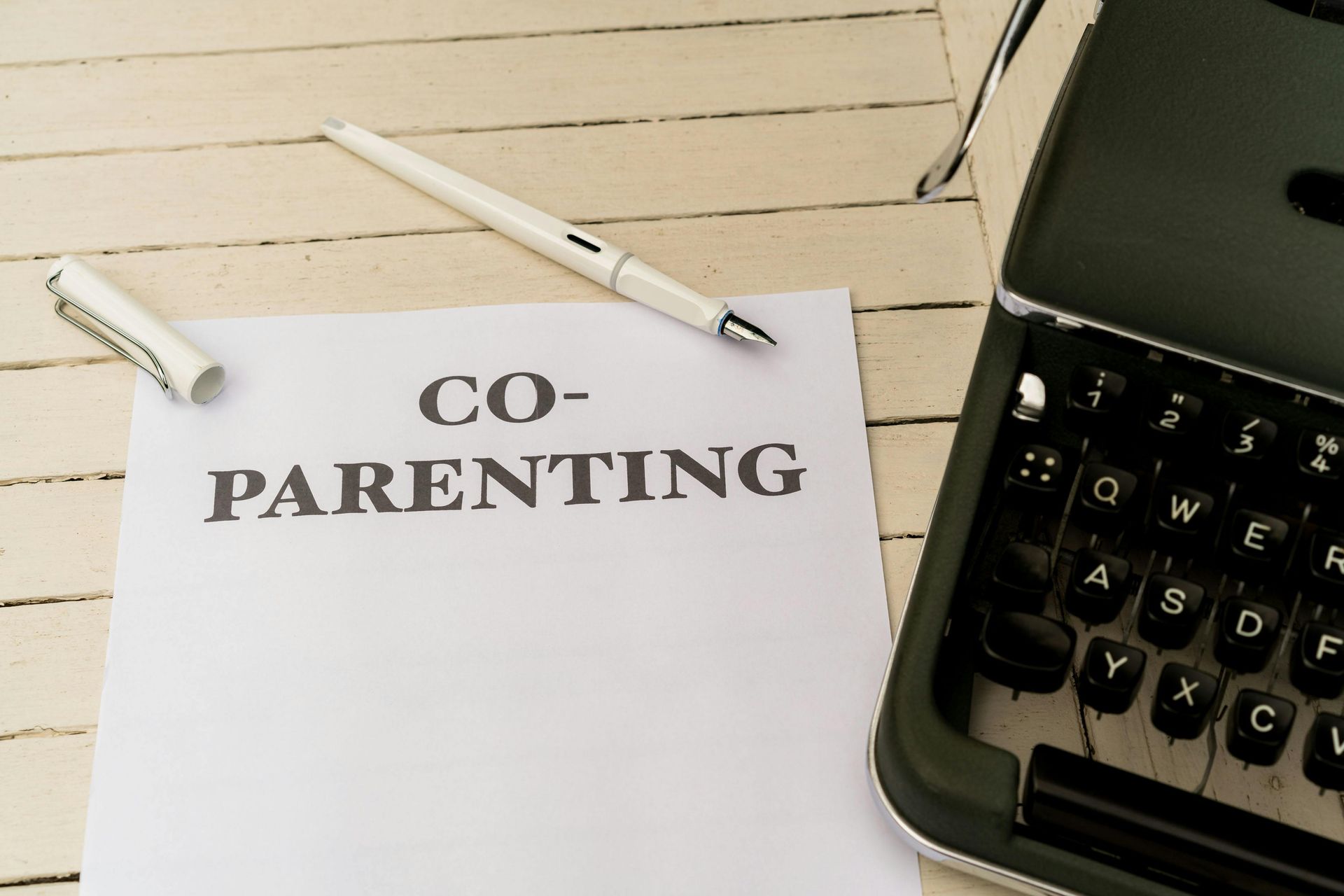FAQs about Asylum
FAQs about Asylum
Asylum serves as a lifeline for individuals fleeing persecution or danger in their home countries, offering refuge and protection in the United States. However, the asylum process can be complex and daunting. To shed light on this crucial aspect of immigration law, here are answers to some frequently asked questions:
1. What is asylum?
Asylum is a legal protection granted to individuals who have fled their home countries due to fear of persecution based on factors such as race, religion, nationality, political opinion, or membership in a particular social group. It allows them to remain in the United States and seek safety from the threats they faced in their homeland.
2. Who is eligible for asylum?
To be eligible for asylum, individuals must demonstrate a well-founded fear of persecution in their home country. This fear must be based on one of the protected grounds mentioned earlier. Additionally, asylum seekers must apply for asylum within one year of their arrival in the United States, although there are exceptions to this deadline for certain circumstances.
3. How do I apply for asylum?
To apply for asylum, individuals must submit Form I-589, Application for Asylum and for Withholding of Removal, to the United States Citizenship and Immigration Services (USCIS) or to the immigration judge with the Executive Office of Immigration Review (EOIR). If you have a court hearing before an immigration judge, you must file your application with EOIR. Along with the application, applicants should provide supporting documentation and evidence to substantiate their asylum claim, such as personal statements, witness testimonies, and relevant country conditions reports.
4. What happens after I submit my asylum application?
After submitting the asylum application, applicants will undergo an interview with a USCIS asylum officer or an individual hearing before the immigration judge. During the interview or the final trial, an applicant will have the opportunity to present his or her case and provide additional information to support their claim. Following the interview or hearing, USCIS or the immigration judge will make a decision on the asylum application.
5. What if my asylum application is denied?
If USCIS denies an applicant’s request for asylum, the applicant may be placed in removal proceedings before an immigration judge, where they can present their case again and seek other forms of relief from deportation. If an immigration judge denies an applicant's asylum application, the applicant has the right to appeal the decision within a specified timeframe.
6. Can I work while my asylum application is pending?
Yes, asylum applicants are eligible to apply for employment authorization while their asylum application. They can submit Form I-765, Application for Employment Authorization after the application has been pending for 180-days.
7. What support is available for asylum seekers in the United States?
Asylum seekers in the United States may have access to various forms of support and assistance, including legal representation, healthcare services, housing assistance, and community resources. Non-profit organizations and advocacy groups often provide valuable support to asylum seekers throughout the asylum process.
Navigating the asylum process in the United States can be challenging, but understanding the basics and seeking appropriate guidance can help asylum seekers navigate this journey with greater clarity and confidence.
Wheeler Law is available to answer any other questions you may have, and/or help you take the next steps to your, or your loved ones, future. At Wheeler Law, we find creative solutions to break down the barriers holding you, or a loved one, back from obtaining legal status in the United States. Call us now to schedule a consultation: (602) 586-5625.
Follow us on social media for more tips about asylum.







